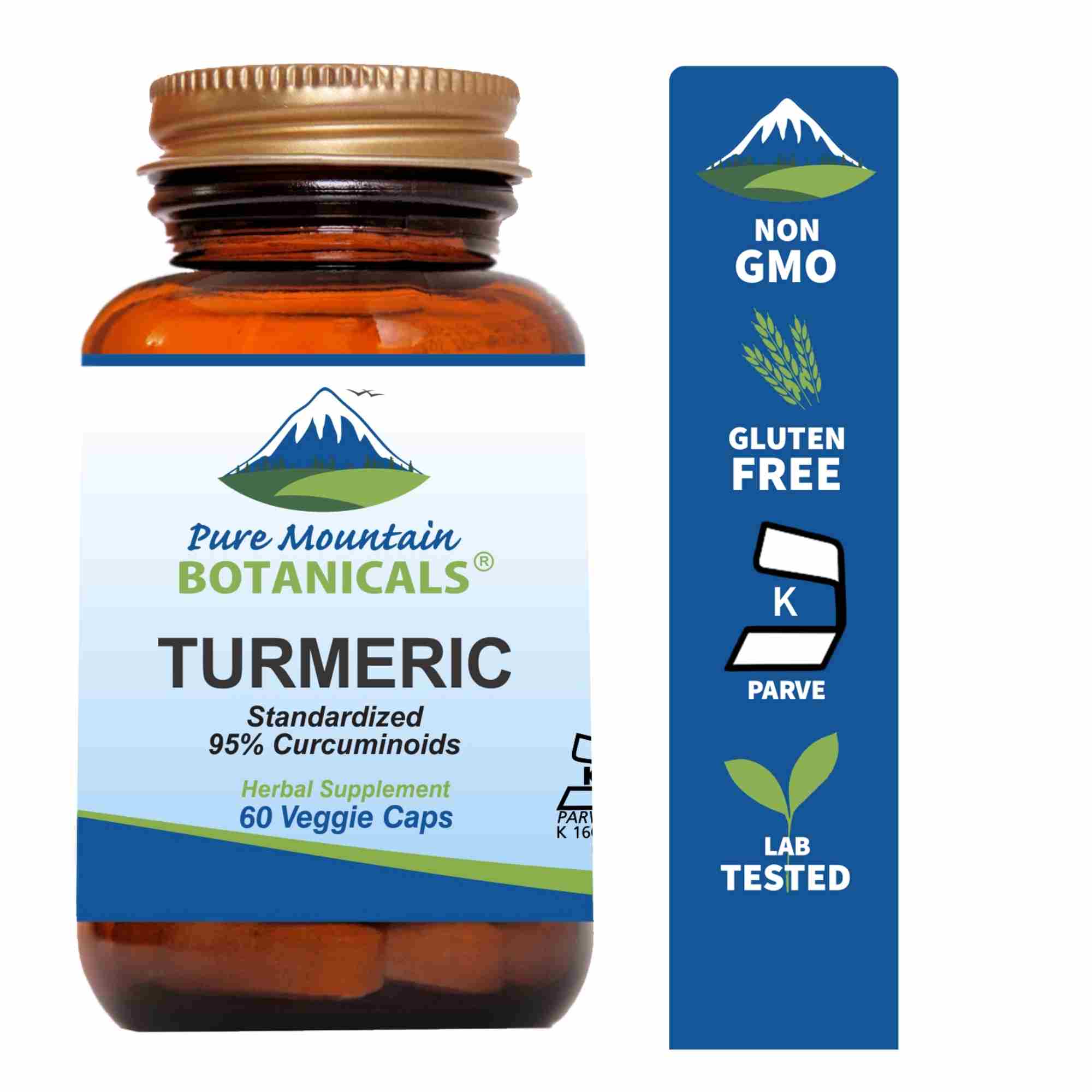turmeric capsules how to take
Curcumin’s many health benefits are Turmeric’s secret weapon. Curcumin contains antioxidants as well as anti-inflammatory capabilities. Researchers are currently investigating whether curcumin can help inflammation-related disorders, from arthritis to ulcerative bowel disease.
Numerous trials have shown curcumin's antiinflammatory properties by inhibiting key inflammatory markers. Turmeric's antioxidant properties help reduce oxidative stress which is a process that causes low-grade inflammation.


